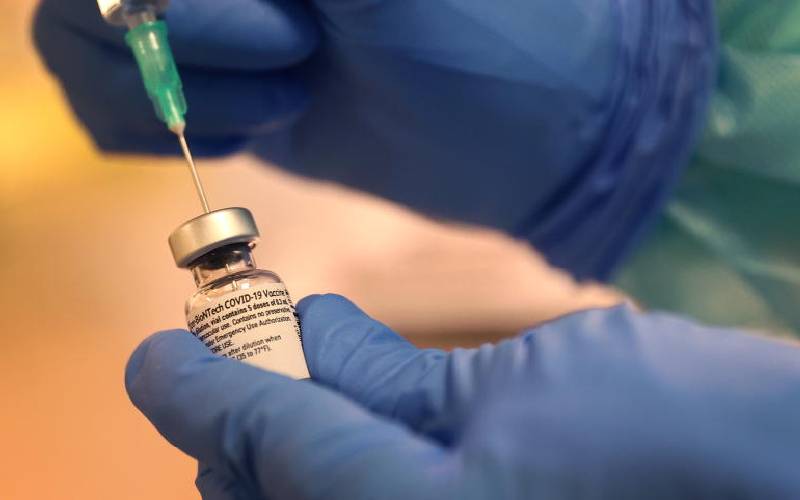×
The Standard e-Paper
Stay Informed, Even Offline

If there is anything that the Covid-19 pandemic has exposed, it is our lack of preparedness. From our health sector to learning institutions, we have been put to the test.